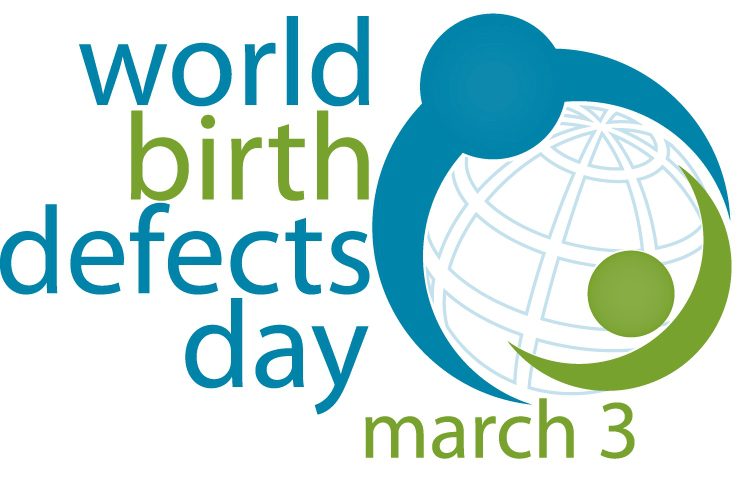Health Promotion and Advocacy Working Group
Last May 2012, the Advisory Committee on Newborn Screening of the Department of Health approved the inclusion of Maple Syrup Urine Disease (MSUD) to the newborn screening panel of disorders. Its incidence rate which is higher than PKU or Phenylketunuria was one of the prime considerations for this move. According to the Newborn Screening Reference Center, there have been 101 cases of the disorder since 1992, and out of this number, only 26 are living.
Is there any change on the cost of NBS?
The Committee resolved that the offering of the additional test to all newborns will be done without any additional cost. Still, the newborn screening fee will be based on the maximum allowable cost for the NBS collection kit (filter card) and the maximum allowable service/collection fee by the health facility (50 pesos). The current NBS fee ranges from 550 to 600 pesos, as mandated by law.
FAQs about Maple Syrup Urine Disease
The following is a 2010 Interview of Dr. Carmencita Padilla, NSRC Director and VYLH-Philippines National Program Adviser, about MSUD. During this time, MSUD is not yet part of the NBS panel.
(Salamat Dok, Hosted by Ms. Bernadette Sembrano-Aguinaldo, ABS-CBN Broadcasting Corporation)
 |
| MSUD and BCKD Activity. Image credits: Genetics Science Learning Center (http://learn.genetics.utah.edu) |
What is MSUD?
Maple Syrup Urine Disease (MSUD) is an autosomal recessive disorder caused by decreased activity of branched-chain-alpha-ketoacid dehydrogenase (BCKD), one of the enzymes involed in the degradation of leucine, isoleucine and valine. The accumulation of these branched chain amino acids is toxic to the brain and can lead to mental retardation and death.
What are the clinical presentations of MSUD?
A baby who has the disorder may appear normal at birth. But within three to four days,
the symptoms appear. The first signs of MSUD are non-specific and may mimic neonatal sepsis. The clinical presentation of classic MSUD includes the following:
- Maple Syrup Odor (sweat and urine)
- Irritability and Poor Feeding
- Signs of deepening Encephalopathy
- Coma and Respiratory Failure
Is there a treatment for MSUD?
Diet restriction. Treatment is mainly dietary in nature including the removal of sources of essential amino acids like leucine, isoleucine and valine. This is to prevent the complications brought by the accumulation of these amino acids. Babies with the disease must eat a
special formula that does not contain the amino acids leucine, isoleucine, and valine. As the person
grows to adulthood, he or she must always watch their diet and avoid high protein foods.
 |
| Autosomal Recessive Inheritance Image credits: Genetics Science Learning Center (http://learn.genetics.utah.edu) |
How long is the "golden period" for MSUD?
Classic MSUD (residual enzyme activity ≤2%) is the most severe and most common form. Affected infants are normal at birth, with symptoms usually developing between 4 and 7 days of age; however, lower intake of protein, as in breastfeeding, can delay the onset of symptoms until the second week of life.
How do people get MSUD?
It's Genetic. MSUD is inherited in an autosomal recessive pattern. For a child to get the disease, the child must inherit a defective copy of the gene from each parent.
If both parents carry the MSUD gene, each of their children has a 25 percent chance of getting the disorder, and a 50 percent chance of being a carrier.Carriers don't have MSUD.
References:
Newborn Screening. The Official Newsletter of the Newborn Screening Reference Center. March-April 2012.
Genetic Science Learning Center/Genetic Disorders Library. Website: http://learn.genetics.utah.edu/content/disorders/whataregd/













